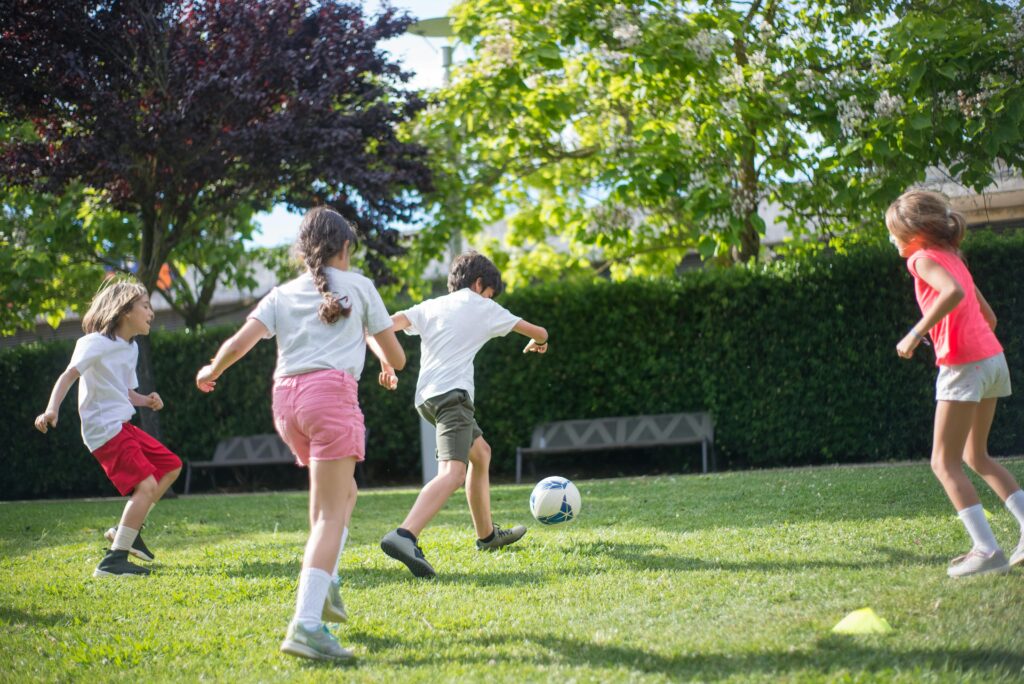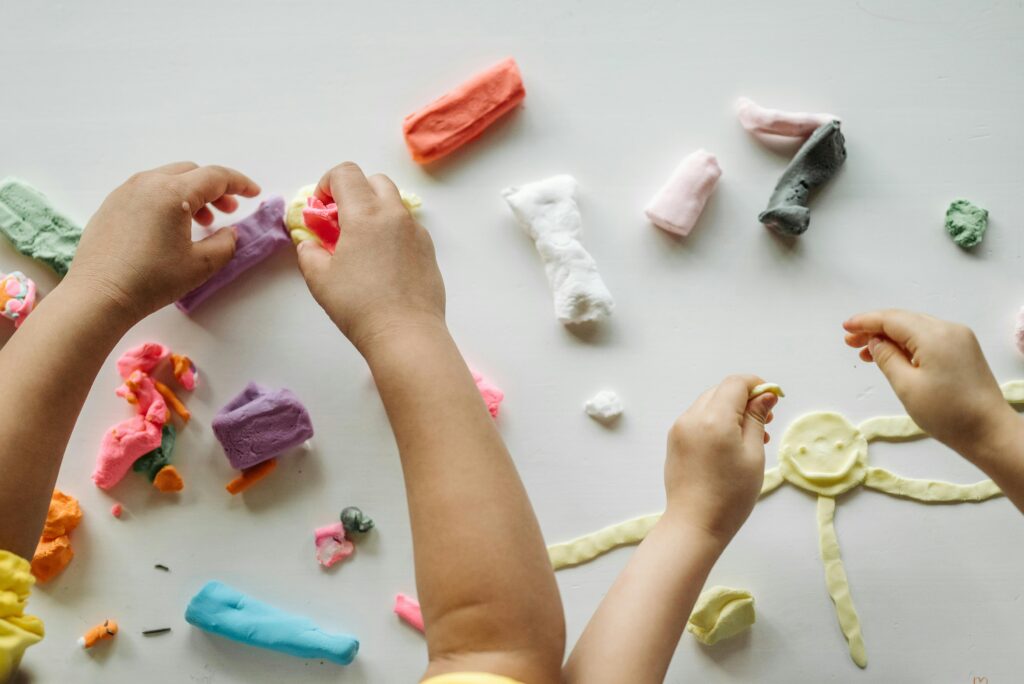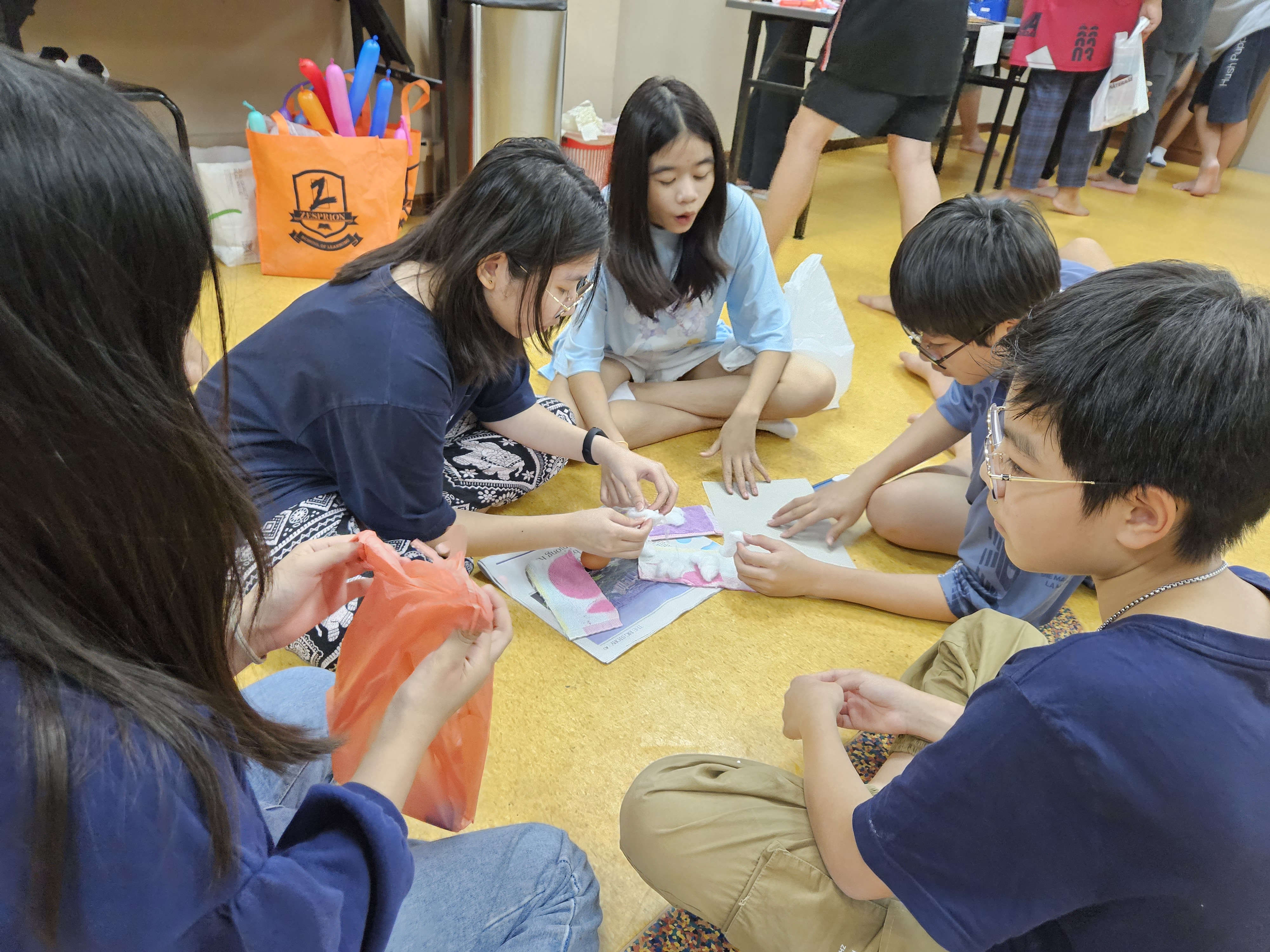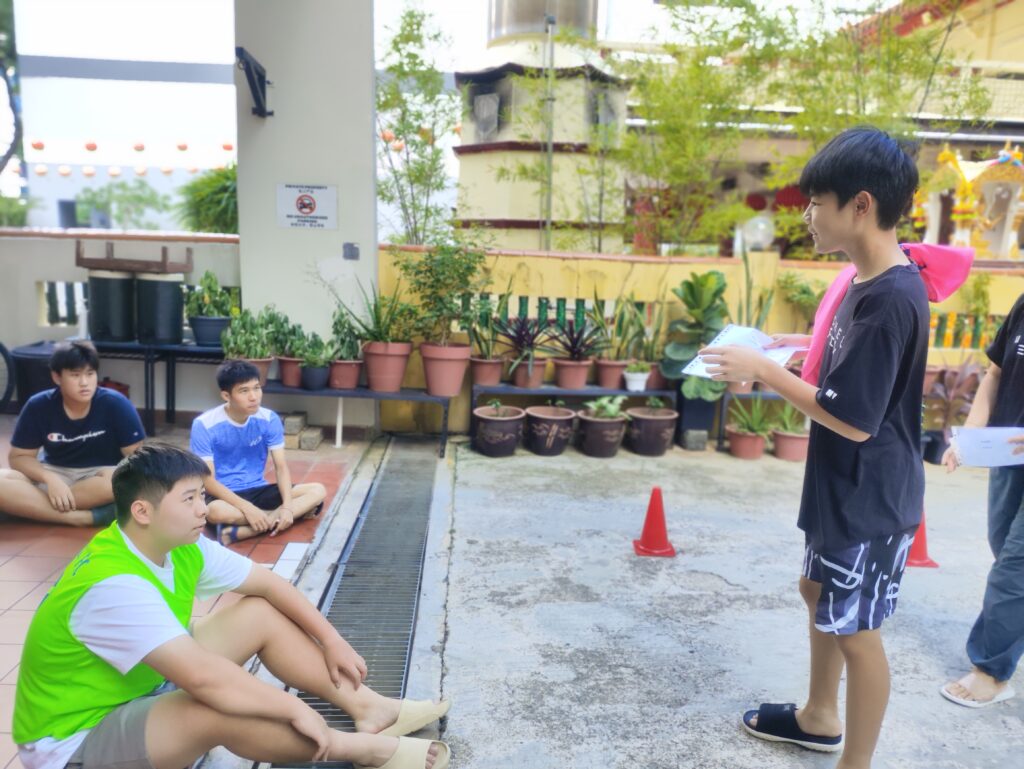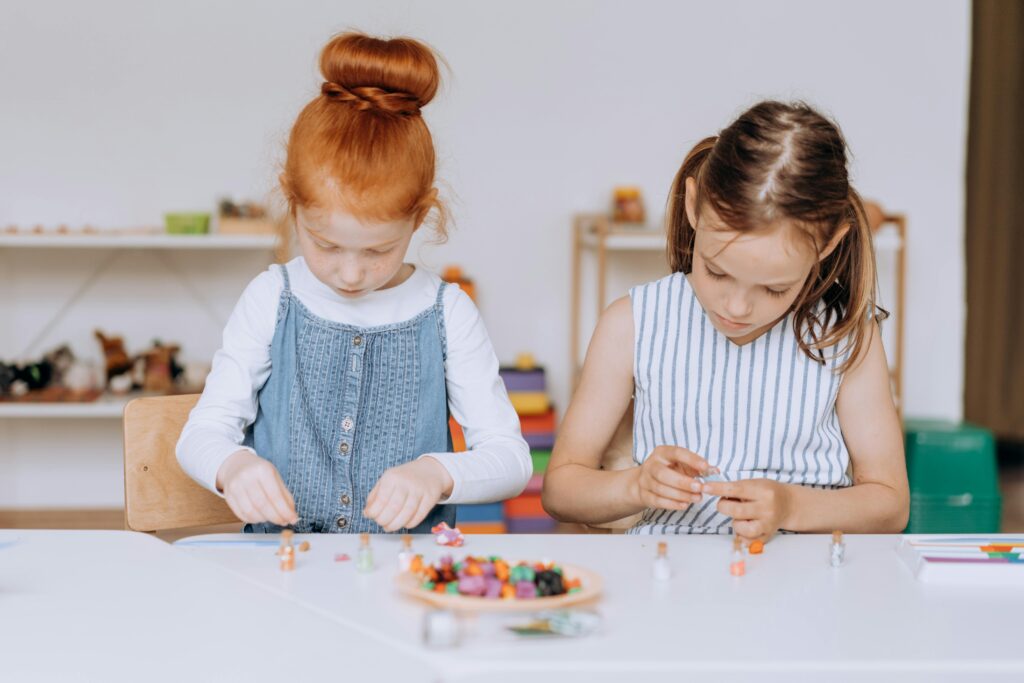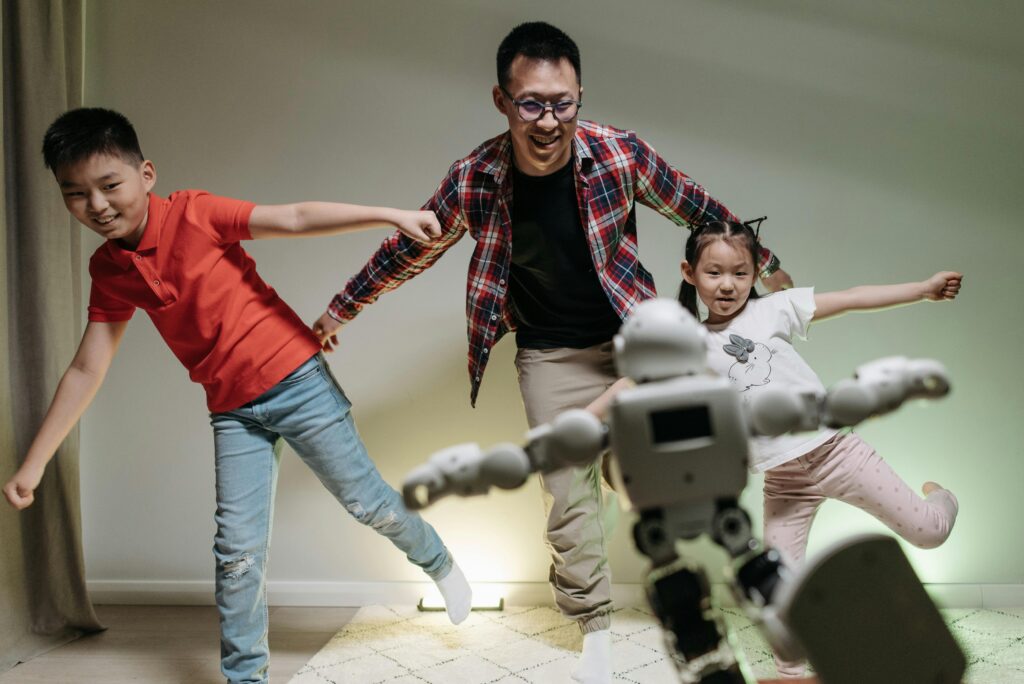
Why Year-End Reflection Matters for Children?
As the year comes to a close, many parents focus on preparing children for the next school year. Yet another meaningful practice is encouraging a year-end reflection. This activity does not need to feel like a boring parent-child talk. It can be a fun and engaging experience for everyone. With a little creativity, it can even become a special family tradition repeated at every year’s end. This simple ritual helps families slow down, connect, and celebrate the year that passed.
How Reflection Supports Emotional Growth?
Before exploring practical activities, it helps to understand why year-end reflection matters to children. Reflection builds self-awareness by helping kids understand their feelings, strengths, and areas of growth. This awareness is a valuable skill that supports emotional maturity. Reflection also encourages gratitude. When children look back on positive moments, they learn to appreciate people and experiences more deeply. Reflection also boosts confidence and promotes a healthy growth mindset. By reviewing both wins and setbacks, children develop a positive sense of self. They learn that progress comes from effort and that challenges play a key role in growth.
Fun and Simple Year-End Reflection Activities for Families
There are many fun ways to guide children through this reflection. One simple idea is to make a memory board or collage. You can print photos or draw events and talk about each moment’s meaning. Another activity is a “high–low–learned” family chat where everyone shares a high point, a low point, and a lesson learned. Families can also create a “growth timeline.” Children can mark new skills, friends made, and fears they have overcome. Another meaningful activity is writing a letter to their future self. Seal the letter and open it the next year to spark joy and reflection.
Turning Reflection into a Meaningful Family Tradition
Year-end reflection helps children honour their growth while strengthening family connection. It teaches gratitude, builds emotional awareness, and nurtures confidence. With simple activities, families can turn the year’s end into a joyful and meaningful tradition. These shared moments help children step into the new year with clarity, hope, and a strong sense of self.




